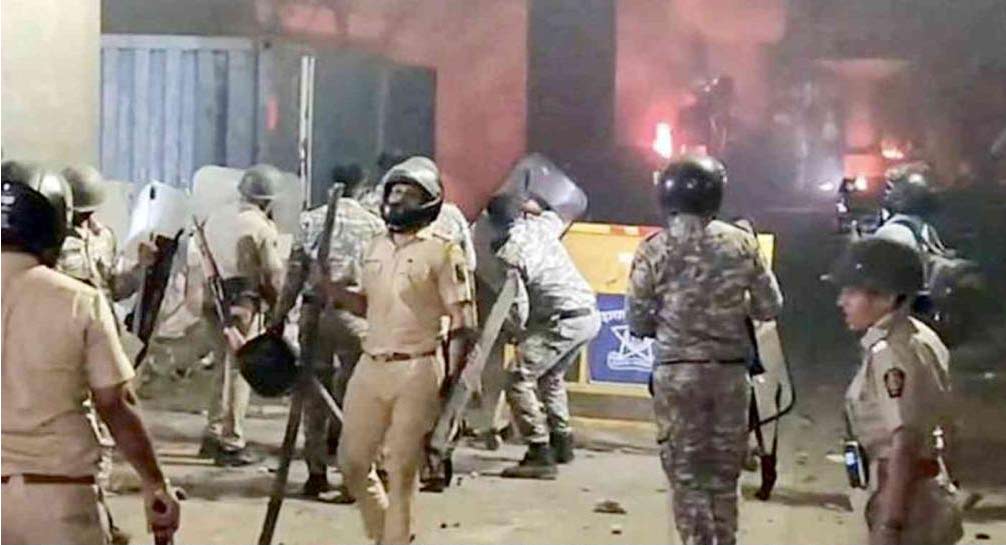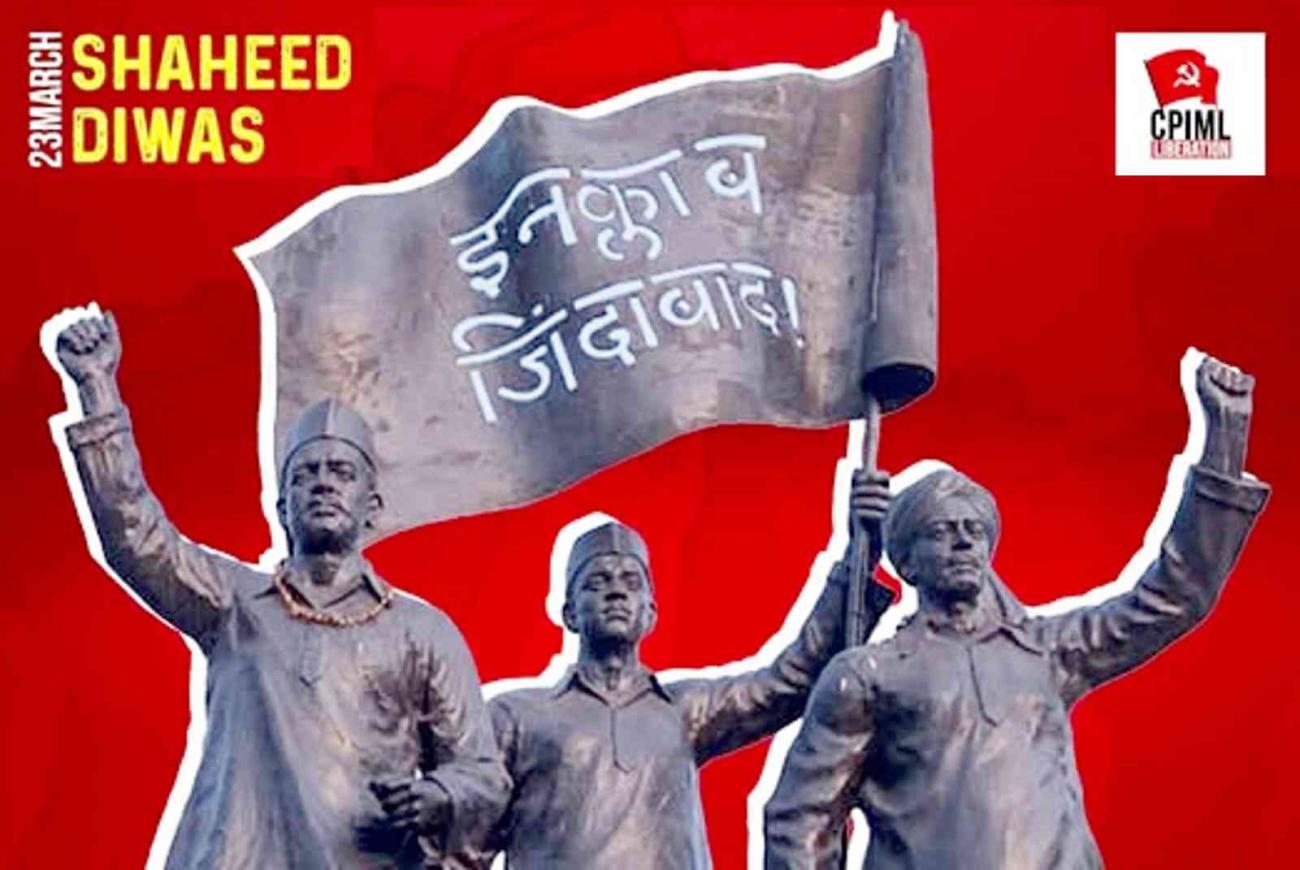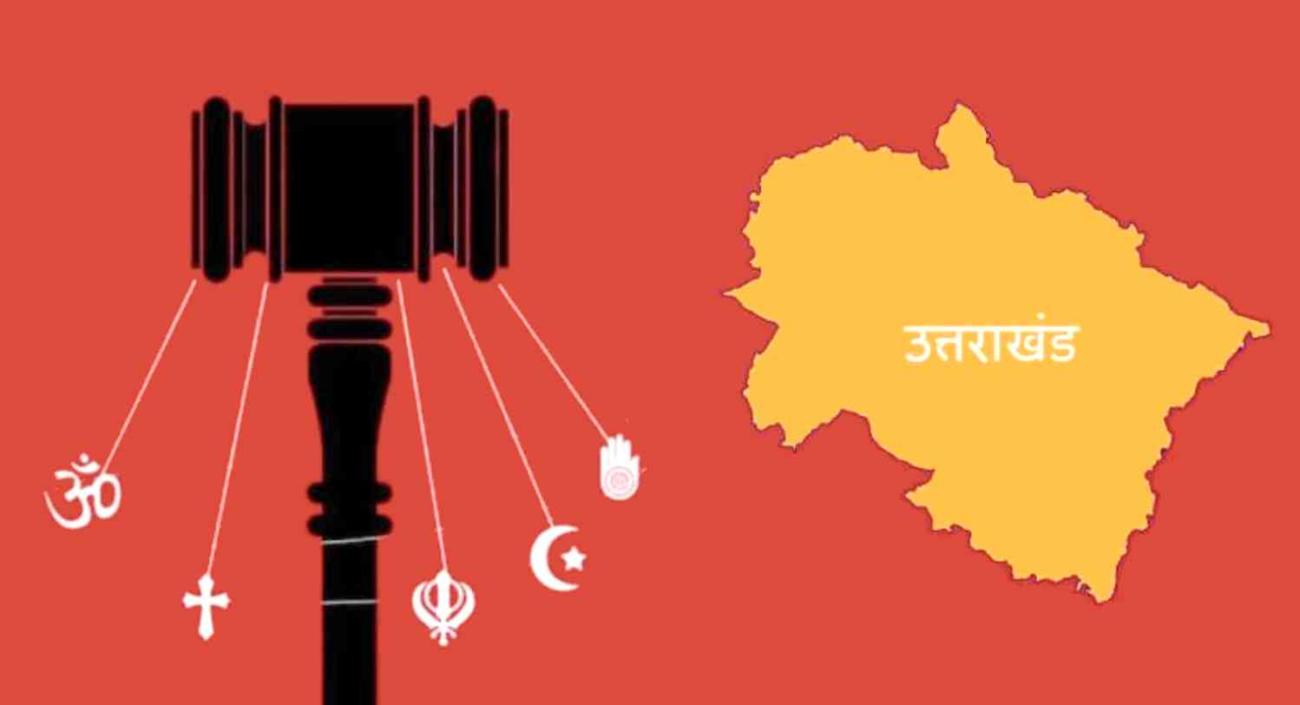In the past the Supreme Court has held that long delay in carrying out the sentence could be grounds for commutation of the sentence of death into life imprisonment. However, the Supreme Court this time has held otherwise. In doing so, the apex court, instead of judging the matter on the grounds of principles of justice, has instead invoked the growth of terrorism in recent years.� How can a matter of principle be subject to change on the grounds of subjective opinions and assertions of judges?
The SC has also chosen to make comments against human rights activists, accusing them of raising the bogey of human rights.� In the case of Bhullar, it was a judge of the Supreme Court, not a human rights activist, who had called even his conviction into doubt on the grounds of insufficient evidence! If the Supreme Court considers human rights as a bogey, which institution is there to check the state from riding roughshod on human rights?
Last year, 14 retired judges wrote to the President of India, admitting that the Supreme Court had wrongly awarded the death sentence to 13 people. It is unacceptable in a democracy to risk such grave miscarriage of justice. Moreover, it is overwhelmingly those from marginalised sections of society who face the death penalty: offenders from privileged sections are rarely subjected to such punishment.
In the interests of justice, CPI(ML) demands that DS Bhullars sentence should be commuted. In the light of the inconsistency and bias in awarding of death sentence and grave errors in this regard admitted by retired judges of the Supreme Court, CPI(ML) supports the growing demand that India abolish the death penalty or at least honour the UN resolution to uphold a moratorium on death penalty with a view to its eventual abolition.





